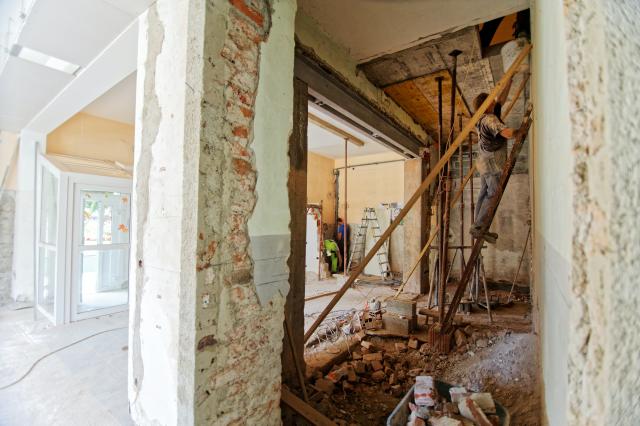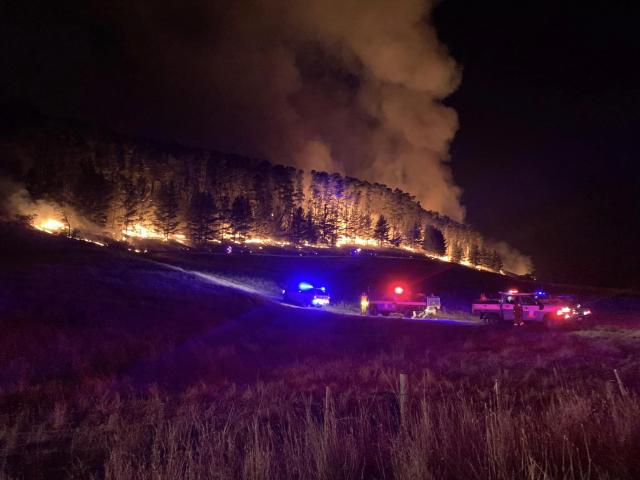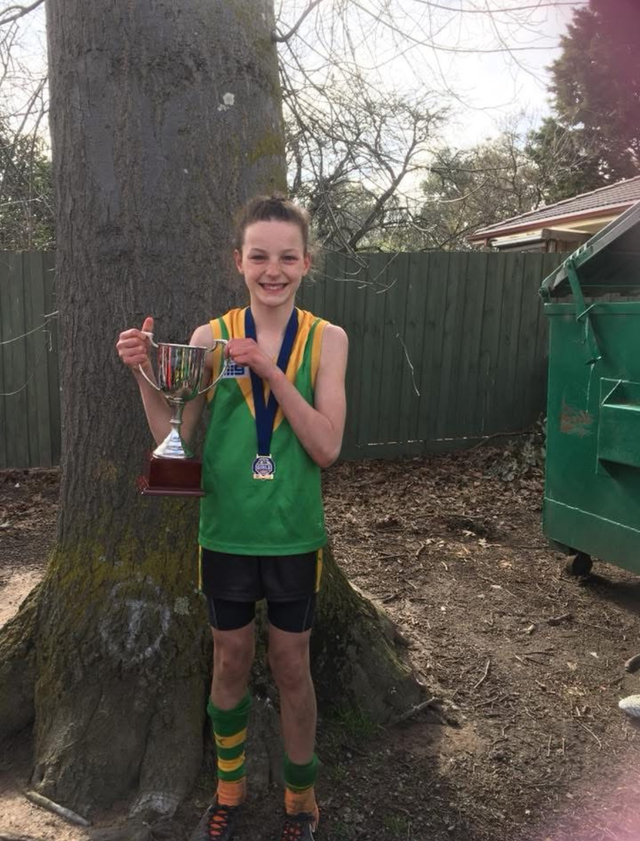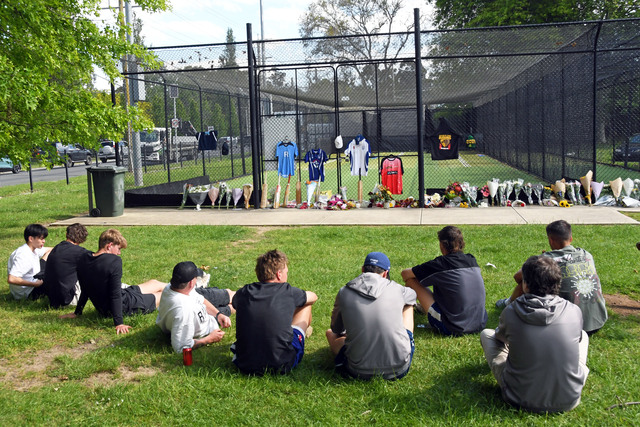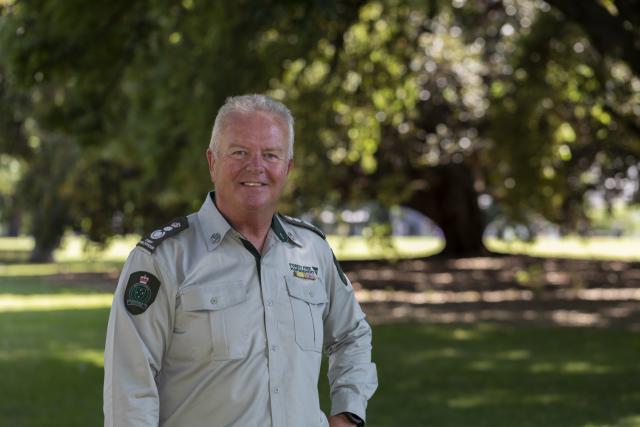It seems that the world we inhabit has become more and more filled with uncertainties, ambiguities and cruelties. Writing after World War I, the Irish poet Yeats in the Second Coming wrote that:
Things fall apart; the centre cannot hold;
Mere anarchy is loosed upon the world,
The blood-dimmed tide is loosed, and everywhere,
The ceremony of innocence is drowned;
The best lack all conviction, while the worst
Are full of passionate intensity.
Many feel these words resonating today as earthquakes, floods, pandemics, massacres and wars are streamed into our living rooms daily. It’s hard to not think otherwise.
Some of these images are confronting and bring distress and anxiety. The response is to turn away. We avoid watching or listening to anything that disturbs the peace of our personal lives. We surround ourselves with all the material distractions our world allows us, or at least allows some of us. We turn to travel, endless sport, reality shows and remain uninformed. It has even become obligatory to warn viewers and listeners of content that may be confronting or disturbing.
But what about our children? Should we shield them from these harsh images? We already know that many of our youth experienced depression and anxiety from the isolation during the pandemic lockdowns. Should then parents protect their children from seeing the brutality of war and its innocent victims? Or are we in danger of raising a generation of Pollyannas, blindly optimistic and in denial of the real world with all its flaws?
In her poem Good Bones, American poet Maggie Smith questions whether her role is to draw her children’s attention only to the good things in the world despite the fact The world is at least fifty percent terrible. The poem was written after the gun massacre at the Pulse gay club in Orlando Florida where 49 people died and scores were injured.
She emphasises the brevity of our time on earth and how we live as if we were immortal.
The speaker has no illusions about the world but wants to protect her children from this hard reality yet instil in them that the world is like a house that is structurally sound (has ‘good bones’ in the American real estate parlance) but is desperately in need of renovation and could be transformed into a beautiful home. And as every astronaut has told us, our planet Earth is so beautiful from space, yet so vulnerable. Just as it now suffers under the strain of so many things, it too can be renovated into beauty. We have the means but need the will to do so.
The poem ends on a hopeful note that just like any real estate ‘shithole’ that is structurally good and can be turned into a beautiful home, so too we can treat our earth the same way: This place could be beautiful, right? You could make this place beautiful.
Hopefully our youth is engaged, well equipped and ready for renovating our world.
Good Bones
Maggie Smith
Life is short, though I keep this from my children.
Life is short, and I’ve shortened mine
in a thousand delicious, ill-advised ways,
a thousand deliciously ill-advised ways
I’ll keep from my children. The world is at least
fifty percent terrible, and that’s a conservative
estimate, though I keep this from my children.
For every bird there is a stone thrown at a bird.
For every loved child, a child broken, bagged,
sunk in a lake. Life is short and the world
is at least half terrible, and for every kind
stranger, there is one who would break you,
though I keep this from my children. I am trying
to sell them the world. Any decent realtor,
walking you through a real shithole, chirps on
about good bones: This place could be beautiful,
right? You could make this place beautiful.
Sunday 19 November the 2023 Woorilla Awards event will be held at the Emerald Hub from 2-5 pm. Live music, entertainment, raffles. A great afternoon for the whole family.

